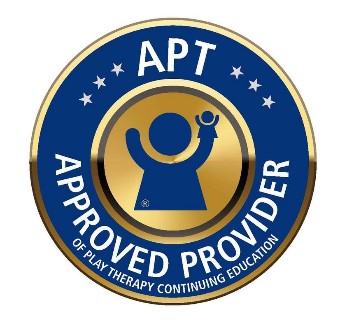Early Recollections in Play Therapy Supervision/Consultation
Learn to use early recollections in your play therapy supervision/consultation.
Description
Sometimes your play therapy supervisees/consultees get “stuck” when working with specific child clients or their parent(s). Sometimes they might even have a pattern in the kinds of cases where they struggle with the client or the situation. These experiences are sometimes related to the play therapists’ counter-transference or to some other factor that prevents them from feeling comfortable and confident about their work with those clients. When play therapists feel “de-skilled” like this, one method of helping them get “un-stuck” is to invite them to explore their early recollections—personal memories that can contain information that help them reconnect with their strengths, re-examine their therapeutic strategies, and reconsider their therapeutic contract with their play therapy clients and their parents. This can be a fascinating supervision tool for helping play therapists move forward in their relationships with difficult clients.
 4 Non-Contact Hours. (4 hours on Play Therapy Supervision).
4 Non-Contact Hours. (4 hours on Play Therapy Supervision).
APT Approved Provider 99-055
 League of Extraordinary Adlerian Play Therapists (LEAPT) has been approved by NBCC as an Approved Continuing Education Provider, ACEP No. 7402. Programs that do not qualify for NBCC credit are clearly identified. League of Extraordinary Adlerian Play Therapists (LEAPT) is solely responsible for all aspects of the programs.
League of Extraordinary Adlerian Play Therapists (LEAPT) has been approved by NBCC as an Approved Continuing Education Provider, ACEP No. 7402. Programs that do not qualify for NBCC credit are clearly identified. League of Extraordinary Adlerian Play Therapists (LEAPT) is solely responsible for all aspects of the programs.
Objectives
By the end of the workshop, participants will be able to:
1. Describe the process of gathering early recollections from play therapy supervisees/consultees.
2. Explain the rationale for using play therapists’ early recollections during supervision/consultation.
3. Explain how a supervisor/consultant can use play therapists’ early recollections to explore the supervisees’/consultees’ strengths as play therapists.
4. Describe how a supervisor/consultant can use play therapists’ early recollections to explore the strategies supervisees/consultees are using in their work with specific clients and their parents.
5. Explain how a supervisor/consultant can use play therapists’ early recollections to help supervisees/consultees examine (and perhaps adjust) the social contract for their play therapy relationship with specific clients and their parents.